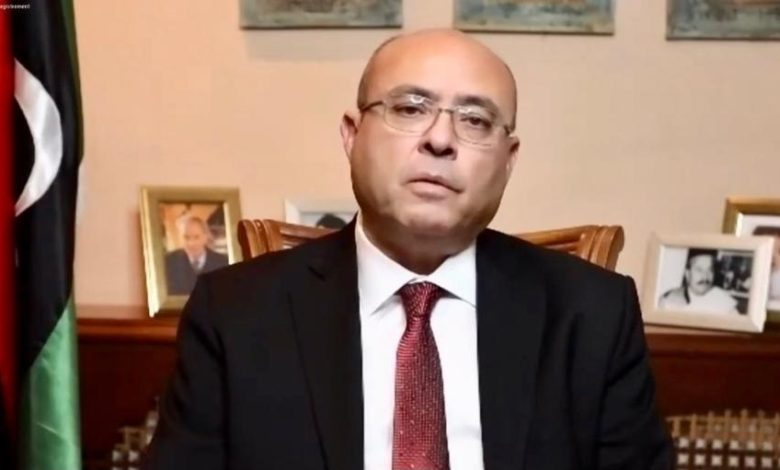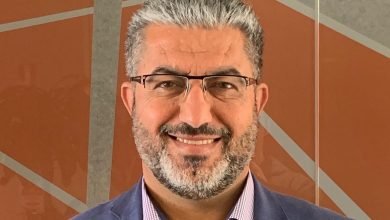
By : Moin Kikhia
Jordan Daily – The nightmare of violence that has engulfed Tripoli in recent days carries a desperate message. There must be change. Urgent, fundamental, real change. Now. Not just the sticking plasters of compromise and pseudo reconciliation that have patched over the political truces of the past, but a lasting change that reflects the realities of Libya, its history and its peoples.
Over the years, the UN, through UNSMIL, has struggled to put a new structure in place, with an interim administration leading to democratic elections and a national government. In many ways their intentions and their efforts have been admirable. But they have never taken account of the realities of Libya, and those realities have consistently been a roadblock to any lasting, final agreement.
In truth, the UN did once before put an interim administration in place, in February 2021, with the understanding that there would be full, democratic elections in December of that same year. But of course, these never happened, and with the months of his rule turning to years, Prime Minister Dbeibah still squats uncomfortably in Tripoli, clinging to power as the city descends into armed chaos and anarchy.
Yes, we need effective national government, validated by democratic, national elections. And yes, the preparatory step must be an interim administration, this time truly committed to the process, and with no power to delay. But it must also be different.
The international community must recognise the failure of the unification experiment, initiated by Mussolini’s fascists in 1934 and continued by the allies in 1951, in their creation of a state of Libya.
No, I am not calling for the abolition of Libya as a country, and I strongly support the concept of a national government managing crucial areas of national and international interest. But any new administration must reflect and recognise the historic structures of the country, our culture, geography and historic patterns of governance. The structure of regional government in Libya must deliver much greater autonomy for the regions, though still with appropriate degrees of transparency and accountability.
Throughout much of our history foreign powers have shaped and supported our various governments and structures, and in truth their intervention has often been positive, creating a degree of stability and functional control across great areas of our country. We must also recognise that what happens in Libya in the months and years ahead will directly impact on crucial areas of concern for some of our neighbours and allies. Their close cooperation and engagement is something that can be positive as we move forward, but we need those foreign interests also to recognise the need for change, and to work closely with us to create, finally, a government that has the support of its own people and can work in productive harmony with those around us.
But for now, the immediate priority is for the international community to work with high urgency to put in place a technocratic interim administration to provide desperately needed stability. And that administration must be tasked with delivering full national, democratic elections within a non-negotiable timeframe. UNSMIL is still consulting. But it is now time for action. The Dbeibah government has lost all credibility and – perhaps more seriously – has lost control. This is very dangerous.
Yes, UNSMIL are consulting, as they must, and as they have over the years. But now there must also be action. No further procrastination. The people of Libya deserve no less.
Moin Kikhia is a Libyan politician and the Chairman of the Libyan Democratic Institute.

